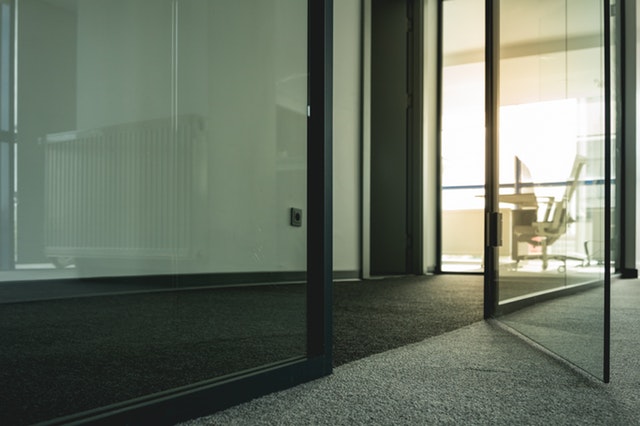When it comes to home flooring, there are many options to choose from. Carpet flooring is one of the most popular choices because it gives the interior of your home a classic look. It feels warm, cozy, and inviting which can help transform your home environment’s personality. While carpet floorings look and feel good, it’s also one of the most difficult florrings to take of, especially when water damage occurs.
There are plenty of causes for carpet water damage. If left untreated, it could cause bacterial growth, moulds, and foul-smelling odours that could ruin the quality of air inside your home. Here we’ll be taking a look the most common reasons for carpet water damage and how you can treat it. It is always advisable to speak to a professional carpet cleaning company in Perth for more detailed information.

What causes water damage on carpets
1. Rain and snow
One of the most common culprits for carpet water damage is rainfall f you have leaks in your windows and ceilings, rainwater can leak through and soak your carpets. Always check your walls and ceilings for any moisture formation as this is a good indication that you have water leaks inside your home. To address this issue, use a waterproof sealant on walls and ceilings that have obvious leaks. Have your roofings inspected to identify the root cause of leaking and apply waterproof paint to prevent moisture from forming.
Snowfall is another major factor in contributing to carpet water damage. Particles of snow can enter your home through wind where it melts and soaks your carpets with water. When heavy snowfall occurs, make sure to keep your home well-insulated by closing doors and windows shut to prevent snow from getting inside and soaking your carpets. Using a dehumidifier also helps control moisture inside your home which helps prevent carpet water damage.
2. Home appliances
Any home appliance that uses water can also contribute to carpet water damage. Dishwashers, washing machines, and even air conditioners can soak carpet floorings to varying degrees. Washing machines use plenty of water as overfilling the appliance could lead to flooding of water inside your home.
Make sure to keep an eye on your dishwasher when using to avoid overflowing of water which can potentially ruin your carpets. Your air conditioner should be fixed in case any water is leaking. This is usually caused by clogged condensate drain line so make sure to clean it and remove any dirt and dust that is clogging it.
3. Drainage and plumbing pipes.
Improper drainage and plumbing pipes can severely flood the interior of your home. Blocked drainage systems can halt the flow of water where it accumulates until it overflows. This filthy overflow of water can wreak havoc on your carpets and leave it smelling nasty and full of bacteria. Have your drainage system checked to remove any debris that’s causing your drains to be clogged.
Plumbing pipes connect together to supply your home with water for a number of different uses. Sometimes, small leaks can happen as a result of corrosion, causing water flooding and damaging your carpets. When this happens, call your local plumber and have the leaks fixed immediately.
What to do when your carpets get soaked in water
To prevent further damage to your carpets, it’s important to take action right away and remove as much of the moisture as possible. Here is how you should clean your soaked carpets:
- Locate the source of the water damage first. Controlling the source of the water damage should be your first priority. Fix leaking pipes, unclog blocked drainage systems, and check your appliances for damages resulting in water leakage.
- Dry your carpets immediately. Use a wet vacuum to suck up the majority of the water. Sprinkle baking soda afterwards and turn on the humidifier to reduce the moisture inside the room. This will prevent the formation of moulds and bacteria from your carpets. To help speed up the drying process, you can use fans and direct it towards the carpets.
- Sanitize and deodorize your carpets. Wet carpets are the perfect breeding ground for moulds and bacteria which can contribute to the horrendous smell. To sanitize your carpets, use a steam cleaner to effectively kill bacteria. This is very important if your interior is flooded with water due to excessive rainfall since it carries plenty of bacteria.
- Call a professional carpet cleaner. To ensure that your carpets are thoroughly cleaned, call the services of professional carpet cleaners. They will deodorize, sanitize, and fully dry out your wet carpets to prevent further carpet water damage and ensure it is free of moulds and bacteria.
Conclusion
Carpet water damage should always be treated right away to preserve the lifespan of your carpets and to prevent further issues like mildew, moulds, and bacterial growth. It’s best to identify the root cause of the water damage before attempting to clean your carpets. To restore your carpets back into good condition, contact professional carpet cleaners if your carpets become heavily soaked.
